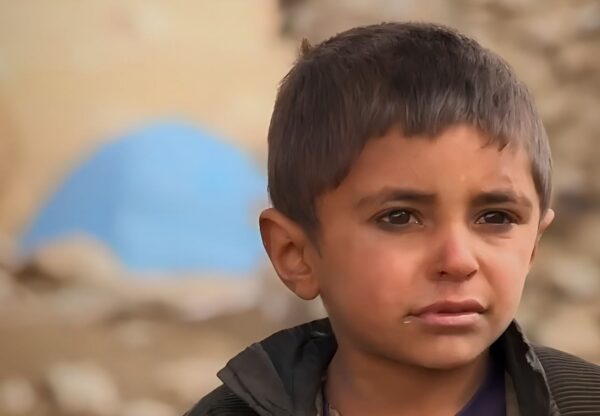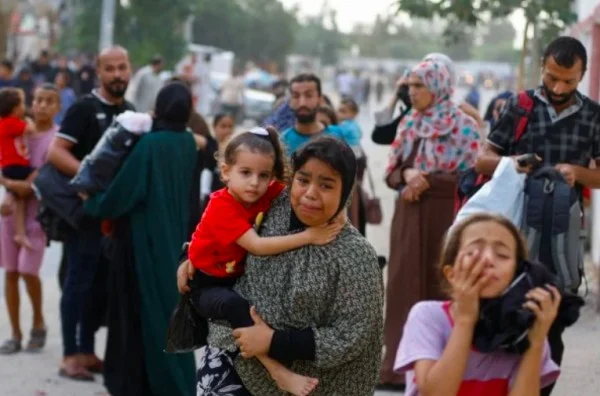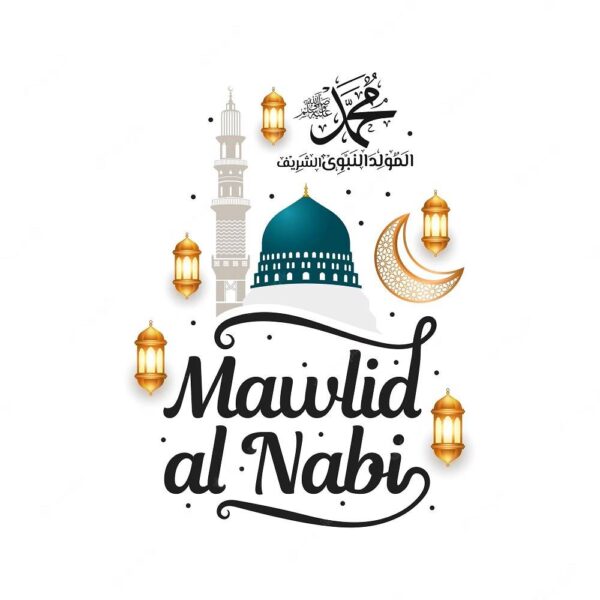Imām’s Share or Sahm al-Imām (Arabic: سَهْم الإمام) is a portion of khums belonging to God, the Prophet (s) and the Imam (a)[1][2]
Shiite jurists take three (God, the Prophet (s), and his close relatives) out of the six cases of the consumption of the khums to the Imam (a), referring to it as Imam’s share.[3] The Imam’s share is also referred to as God’s share, the Prophet’s share, and relatives’ share.[4]
During the Occultation of the Imam (a), the Imam’s share is received by Shiite authorities and is spent for the propagation and reinforcement of Islam.[5] Some Shiite jurists believe that Imam’s share during the Occultation should be spent in cases where the marja’ thinks or knows that the Imam (a) would spend were he present, such as Islamic seminaries, construction of mosques, libraries, schools, and helping people in need.[6] However, there are other views about Imam’s share during the Occultation as well, such as the cancellation of its obligation, the permissibility of spending it for the Shi’as, paying it directly to sayyids in need, paying it as charity, burying it, putting it aside until the Imam (a) reappears. After citing all these views, Ayatollah Makarim comments that the view of the majority of recent and contemporary scholars is that the marja’ should spend it in cases where he thinks the Imam (a) is pleased to be spent.












